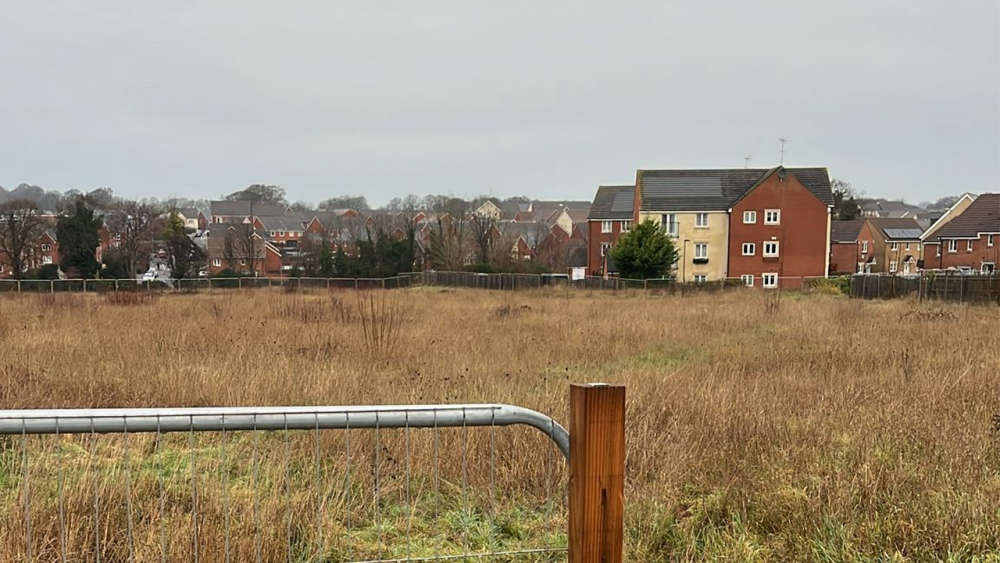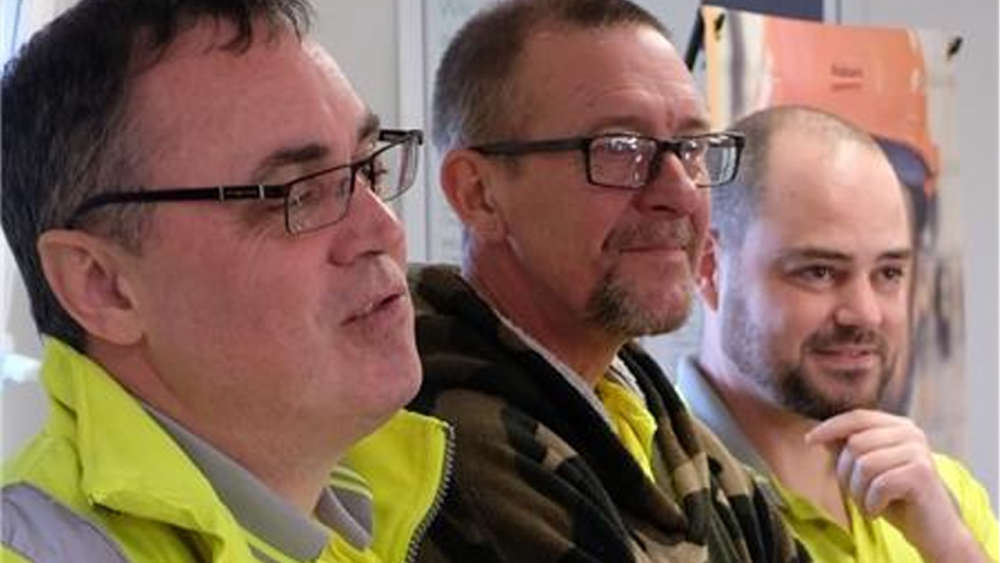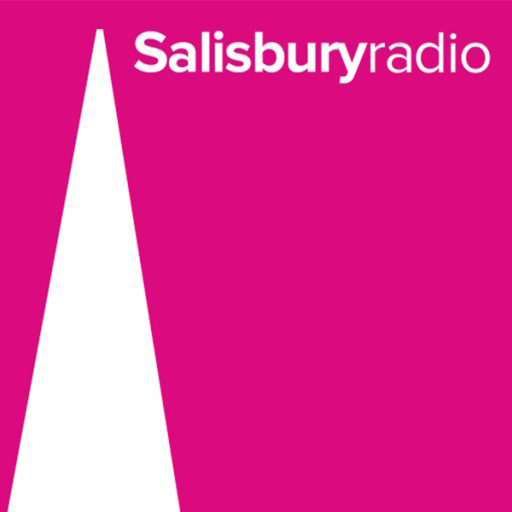Two Salisbury schools are prioritising their students' mental health and well-being through innovative technology.
Wyvern St Edmund's and Bishops Wordsworth's Grammar School have both partnered with The Student Voice – a student reporting tool that removes barriers for young people to confidently report their own issues and identify harmful hotspots within school and the local town.
The child-friendly tech is designed to remove the fear and stigma associated with reporting issues whilst giving schools insightful data on their school's and local community's safety.
Jemima Edney, Deputy Head and DSL at Bishop Wordsworth’s Grammar School, says; "Respect underpins all we do at Bishop's and the introduction of The Student Voice will enable us to hear, respond and respect the voice of all students, particularly those who are less comfortable talking directly to an adult.
This discreet and accessible reporting tool will ensure that we hear the voice of every child, so that we may continue to provide the safest and happiest of environments for the whole school community."
Caroline Smith, Deputy Head and DSL at Wyvern St Edmund's, says: “We have a culture of vigilance and protection which supports every member of our school community.
It is of the utmost importance to us that all the individuals in our school community feel cared for and supported, so they can achieve their very best potential. This online reporting system will ensure any concerns or disclosures are dealt with promptly and effectively.”
The Student Voice offers visual maps of all the contexts young people spend time in, including school, home and the local community parks and bus routes, enabling students to rank how safe they feel and report any issues in these contexts.
The school or college can then offer the most appropriate and effective response, be the issue mental health, sexual harassment, bullying, home life or online safety, and intercept safeguarding issues before they escalate, helping to prevent future harm occurring in these spaces.
Jason Tait, an active Designated Safeguarding Lead, and Stephen Willoughby created it. Having suffered severe bullying at school himself, Stephen left formal education and completed his studies through home-schooling, pursuing a career in computers from a young age.
“The main barrier for young people to report an issue is the fear of their peers,” says Stephen. “Research has shown that the social rules of young people can make it even harder to come forward when there is an issue, but providing young people with a safe space to speak up means the conversation can be started.”
“Working with these two leading schools is a privilege for us, but more importantly, it is great news for the young people of Salisbury - it means that they have another safe route to support if needed.”

 Laverstock & Ford Councillors Welcome New Southern Police Hub
Laverstock & Ford Councillors Welcome New Southern Police Hub
 Wiltshire Council awarded £3.1m to invest in walking, wheeling and cycling schemes
Wiltshire Council awarded £3.1m to invest in walking, wheeling and cycling schemes
 Salisbury Crowned the Cheapest UK City for a New Year's Eve Night Out
Salisbury Crowned the Cheapest UK City for a New Year's Eve Night Out
 Man Sentenced to Life for the Murder of Darren Hughes
Man Sentenced to Life for the Murder of Darren Hughes
 National Highways to Invest £23m in A36 Improvements in Salisbury
National Highways to Invest £23m in A36 Improvements in Salisbury
 Veterans’ Self-Build cohort graduates from Ludgershall scheme
Veterans’ Self-Build cohort graduates from Ludgershall scheme
 Continued focus on proactive policing and making Salisbury safer this Christmas
Continued focus on proactive policing and making Salisbury safer this Christmas










